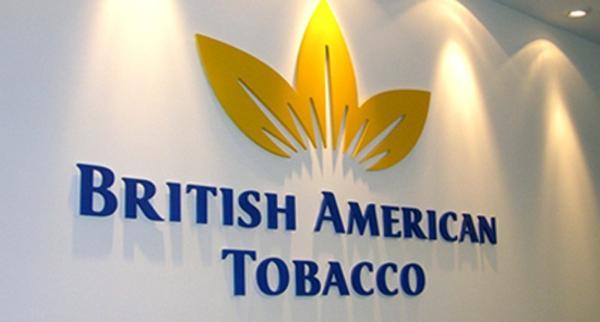Business Correspondent
British American Tobacco Zimbabwe (BAT) has expressed serious concerns regarding the challenging operating environment in Zimbabwe, which is negatively impacting its profit margins.
In a trading update for the nine months ending September 30, 2024, the company reported a significant decline in sales and revenue, highlighting the complexities of the current economic landscape.
According to BAT’s board chairman, Lovemore Manatsa, sales volumes fell by 8% compared to the same period in 2023, while cigarette revenue plummeted by 37%. This downturn is largely attributed to reduced consumer spending and lower disposable incomes among the population.
“We remain committed to driving growth by simplifying our business model, expanding our consumer centric brand portfolio, and maintaining strong stakeholder engagements.
“We continue a transformation journey anchored on our purpose which is to build A Better Tomorrow, by reducing the health impact of our business through offering a greater choice of enjoyable and less risky products. As part of our ESG agenda, we are working towards reducing the environmental footprint of our operations through responsible water use, recycling of waste and increasing our energy efficiency, while contributing to local socio-economic development,” Manatsa said.
Despite these challenges, BAT managed to reduce its operating costs by 33% through various cost optimization initiatives.
In response to the adverse conditions, BAT is actively reviewing its business strategy to ensure long-term sustainability and value creation for its stakeholders. Manatsa emphasized the company’s commitment to growth by simplifying its business model, expanding its consumer-centric brand portfolio, and maintaining strong stakeholder engagement.
To adapt to the economic difficulties, BAT has implemented dual currency billing, providing flexibility to customers and ensuring business continuity. Additionally, the company has overhauled its route-to-consumer operations to create a more robust model that responds effectively to evolving market trends.
“In response to the economic challenges, we implemented dual currency billing, offering flexibility to customers and ensuring business continuity.
“We also reviewed our route-to-consumer- operations, creating a robust and future fit model that is responsive to evolving consumer and market trends,” Manatsa said.
BAT is also focused on its Environmental, Social, and Governance (ESG) agenda, aiming to reduce the health impact of its products and minimize its environmental footprint. This includes responsible water use, waste recycling, and increasing energy efficiency, all while contributing to local socio-economic development.
The current economic turbulence in Zimbabwe poses significant challenges for BAT, as evidenced by declining sales and revenue figures. However, the company’s proactive strategies, including cost management and operational adjustments, reflect its commitment to navigating these difficulties while striving for long-term growth and sustainability.
Zim GBC News©2024


